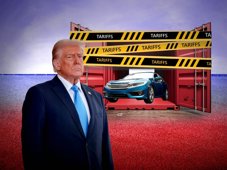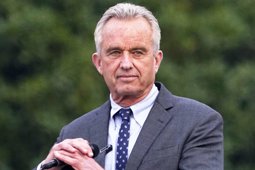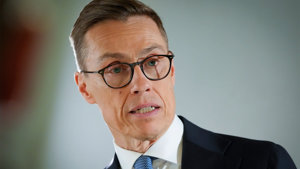
Trump, Iran Clash on Oman Nuclear Talks
High-level nuclear talks between the United States and Iran are scheduled for April 12 in Oman, but the two nations are clashing over how the negotiations will be conducted. United States President Donald Trump has announced that the discussions will be direct, with his Special Envoy to the Middle East, Steve Witkoff, leading the American delegation. Trump expressed optimism about reaching a new agreement during a recent White House meeting with Israeli Prime Minister Benjamin Netanyahu.
However, Iran has pushed back against this characterization. Iranian Foreign Minister Abbas Araghchi confirmed that Tehran will only engage in indirect talks, facilitated by Omani officials. Araghchi emphasized that the decision to avoid direct negotiations stems from the need to prevent external pressure from Washington and to ensure that Iran's dignity and interests are safeguarded. He asserted that a real agreement is possible if the US demonstrates seriousness, and reiterated Iran's core demand: lifting international sanctions to ease the economic burden on the Iranian people.
The conflicting narratives have raised questions about the structure and efficacy of the upcoming negotiations. Adding to the pressure, US Energy Secretary Chris Wright warned that Iran could face even tighter sanctions if a deal is not reached. In an interview with CNBC, Wright said, "I would expect very tight sanctions on Iran, and hopefully drive them to abandon their nuclear program." He also touched on domestic energy concerns, noting the need for increased electricity production to meet rising AI sector demands.
Meanwhile, Israeli Prime Minister Netanyahu has taken a firm stance, insisting that any agreement must include the destruction of all Iranian nuclear sites and the removal of related equipment under US supervision. Netanyahu, who discussed the matter extensively with President Trump, warned that military action remains a consideration if Iran continues to stall negotiations.
The negotiations are shaping up to be a critical test for both sides. While Trump signals a willingness to engage directly and achieve a breakthrough, Iran’s insistence on indirect communication reveals a cautious and calculated approach. With high stakes on both ends—from international sanctions to potential military escalations—the outcome of the April 12 meeting in Oman could have far-reaching implications for regional and global stability.






